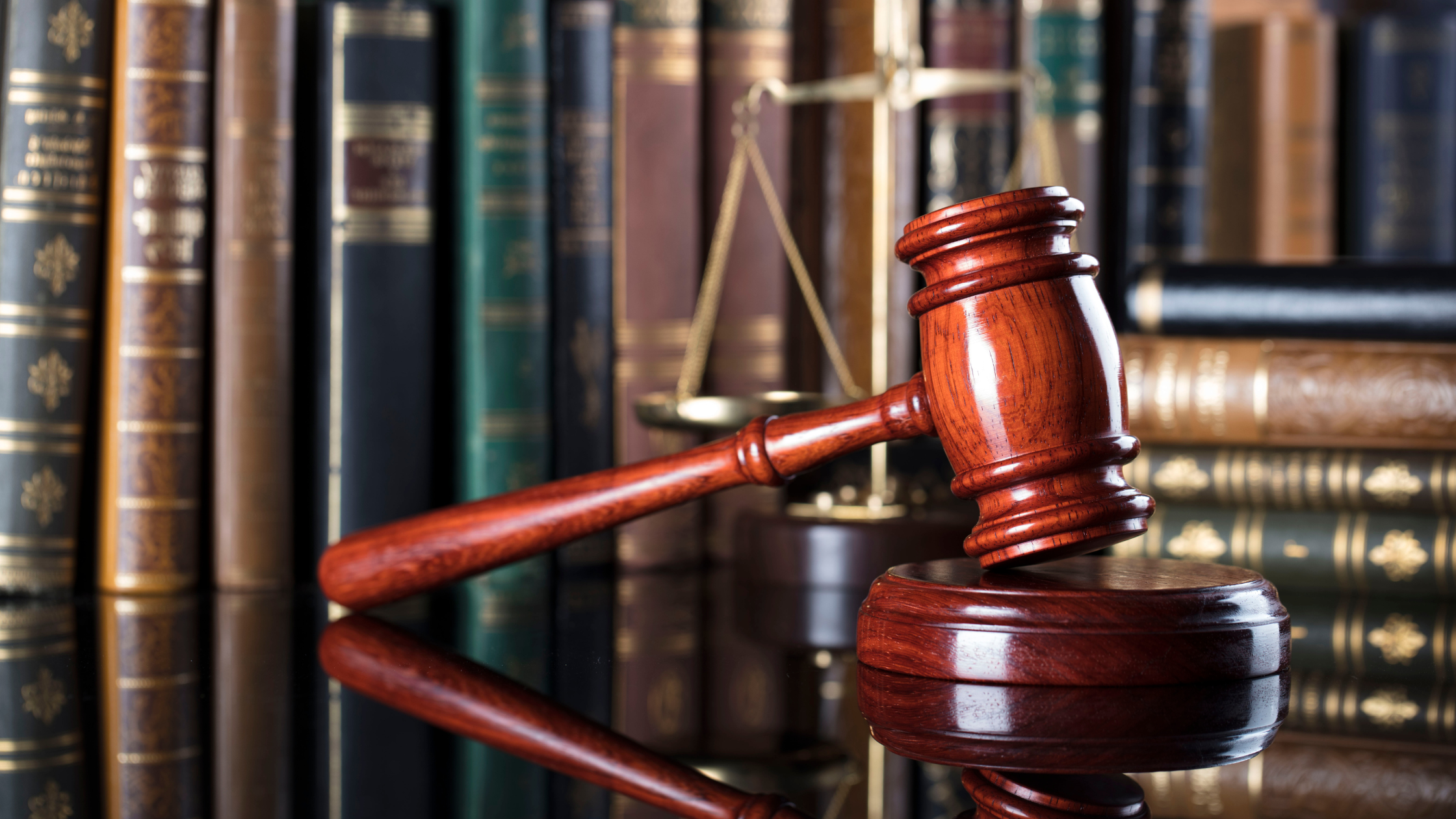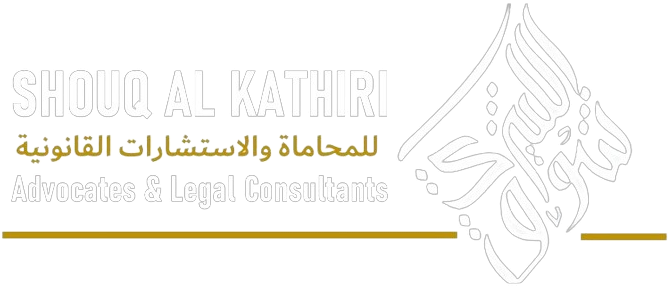When millions are at stake, one misstep can cost a fortune. In Dubai’s booming construction sector—where timelines are tight, investments are massive, and stakeholders come from every corner of the globe—disputes are almost inevitable. But how do industry leaders, developers, and contractors resolve high-stakes conflicts without dragging them through lengthy, expensive court battles?
The answer lies in arbitration. And if you’re navigating the complexities of a construction disagreement, understanding Dubai’s arbitration framework could be your most strategic advantage.
In this guide, we dive deep into how construction lawyers in Dubai leverage arbitration to help clients win disputes—efficiently, fairly, and in alignment with global standards. Whether you’re an international investor, a UAE-based developer, or a subcontractor seeking justice, this article will help you decode the powerful mechanisms designed to resolve your dispute and protect your business interests.
The Rising Tide of Construction Disputes in Dubai
Dubai’s skyline tells a story of rapid expansion. But behind every tower, mall, and highway lies a web of contracts, expectations, and risks. As projects grow more complex and cross-border partnerships increase, the potential for disputes grows proportionally.
Typical causes of construction disputes in the region include:
- Delays in project completion
- Payment disagreements
- Scope changes or ambiguous contract terms
- Breach of contract or poor performance
- Issues with permits or regulatory compliance
In such cases, parties have two primary options: litigation through local courts or arbitration.
Why Arbitration Is the Go-To Solution in Dubai
Unlike litigation, arbitration law in the UAE offers an alternative that is private, flexible, and faster. Here’s why arbitration is increasingly becoming the preferred dispute resolution mechanism:
1. Neutral Ground
Construction projects in Dubai often involve parties from different countries. Arbitration offers neutrality—both in terms of procedure and the appointment of arbitrators.
2. Faster Resolution
Courts can take years to resolve complex construction cases. Arbitration proceedings are typically concluded within months, depending on the scale and complexity of the dispute.
3. Confidentiality
Arbitration protects reputations. Disputes are resolved behind closed doors, away from public records—critical for firms that want to maintain brand integrity and client trust.
4. Expert Arbitrators
In technical disputes, such as those involving architectural flaws or engineering delays, arbitrators with industry expertise can be appointed, resulting in more informed and accurate judgments.
The Legal Framework: Understanding Arbitration Law in UAE
The UAE made a significant leap in 2018 with the implementation of Federal Law No. 6 of 2018 on Arbitration, which aligned local arbitration practice with international standards, particularly the UNCITRAL Model Law.
Key Features of the UAE Arbitration Law:
- Party Autonomy: Freedom to choose arbitration rules, arbitrators, and governing law.
- Recognition and Enforcement: Arbitral awards are binding and enforceable through local courts.
- Minimal Court Interference: Courts only assist in specific areas like appointment of arbitrators or enforcement.
- Interim Measures: Arbitrators have the authority to grant urgent interim relief.
These provisions ensure that parties can confidently engage in arbitration, knowing the legal structure supports fair and enforceable outcomes.
DIAC, ADCCAC, and DIFC-LCIA: The Major Arbitration Centres
Dubai offers access to internationally respected arbitration institutions, including:
DIAC (Dubai International Arbitration Centre)
Recently reformed, DIAC provides a comprehensive set of rules and has a strong panel of arbitrators. It is commonly used for real estate and construction disputes.
DIFC-LCIA (Now DIAC Court Post-Merger)
Previously a joint venture between the DIFC and LCIA (London Court of International Arbitration), this court is now under the DIAC umbrella but follows international norms and English-language proceedings—attractive to foreign investors.
ADCCAC (Abu Dhabi Commercial Conciliation and Arbitration Centre)
While based in Abu Dhabi, it’s often used in UAE-wide disputes, particularly where contracts involve government entities.
Each of these forums brings its own rules and strengths, allowing parties to select a mechanism that best suits their dispute’s profile.
The Role of Construction Lawyers in Dubai
When arbitration is on the horizon, legal guidance becomes crucial. Construction lawyers in Dubai are not just legal advisors—they are strategic partners who navigate clients through every phase of the dispute, from risk assessment and pre-arbitration negotiations to document preparation and post-award enforcement.
Their role includes:
- Contract Analysis: Spotting loopholes, identifying triggers for arbitration
- Evidence Gathering: Ensuring technical reports, communications, and timelines are admissible
- Arbitrator Selection: Recommending neutral yet knowledgeable arbitrators
- Representation: Arguing the case, cross-examining witnesses, and defending the client’s interest
- Enforcement Support: Taking the arbitration award to the UAE courts if necessary
A skilled legal team ensures that arbitration isn’t just an option—but a winning strategy.
Arbitration vs. Litigation: What Should You Choose?
| Criteria | Arbitration | Litigation |
| Speed | Faster | Slower |
| Confidentiality | Yes | No |
| Flexibility | High | Limited |
| Appeals | No | Possible |
| Cost | Often Lower | Can be Higher |
| Enforceability | High (with treaty support) | High, but with more bureaucracy |
For high-stakes construction matters, arbitration typically offers a more efficient and business-friendly route—especially when guided by seasoned professionals familiar with arbitration law in UAE.
Best Practices to Prevent and Win Construction Disputes
1. Well-Drafted Contracts
Many disputes stem from vague clauses or missing terms. Contracts should clearly define scope, timelines, penalties, dispute resolution mechanisms, and applicable laws.
2. Dispute Resolution Clause
Include a detailed clause specifying arbitration as the preferred method, naming the institution (e.g., DIAC), and location (e.g., Dubai or DIFC), along with governing law.
3. Keep Meticulous Records
From project updates and emails to design revisions and approvals—maintain a paper trail. These documents often become your strongest evidence.
4. Use Independent Experts Early
Before a conflict escalates, consult technical or legal experts. Their input can help clarify issues and even prevent arbitration.
5. Engage a Lawyer Before Things Go South
Don’t wait until a dispute arises. Regular legal oversight can reduce your exposure to risk.
Real-Life Case Snapshot (Anonymized)
A European contractor was owed over AED 15 million for a completed high-rise project in Business Bay. The local developer cited “delay damages” and refused to pay.
The contractor had included a DIAC arbitration clause in the original contract and engaged a top-tier legal team immediately. Through arbitration:
- The tribunal ruled in the contractor’s favour
- The delay was proven to be caused by the client’s own design changes
- An enforceable award was issued within 10 months
- The Dubai courts enforced the award, and the contractor received full payment plus costs
This case illustrates how powerful and practical arbitration can be—when supported by the right legal strategy.
Emerging Trends in Dubai Arbitration for Construction
- Digital Hearings: Post-COVID, virtual arbitration hearings are now widely accepted
- Third-Party Funding: Litigation funders are beginning to finance arbitration cases in the UAE
- AI and Tech in Evidence Review: Advanced tools are speeding up document analysis and reducing costs
- Mediation-Arbitration Hybrids (Med-Arb): Combining initial mediation with fallback arbitration if talks fail
As Dubai continues to evolve as a global construction and legal hub, its arbitration framework is adapting to remain efficient, fair, and investor-friendly.
Final Thoughts: Choose Arbitration with Confidence
Construction disputes are complex and often emotionally and financially draining. But with Dubai’s arbitration infrastructure, backed by robust legislation and expert construction lawyers in Dubai, resolving your conflict doesn’t have to be a drawn-out battle.
Whether you’re enforcing a claim, defending against one, or simply preparing your contracts for future protection—knowledge of arbitration law in UAE is your best line of defense.
Don’t wait until a dispute turns into a disaster. Plan, protect, and proceed with expert insight and arbitration-ready contracts.





